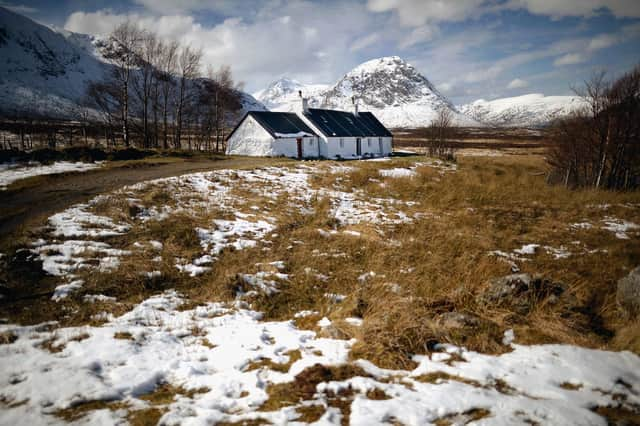Energy price crisis is hitting off-grid homes that rely on heating oil, biomass and LPG hard. So where's the government help? – Kenny MacAskill MP


It’s quite a large figure: some seven per cent of households – about 200,000 – in Scotland are affected. The rise in on-grid gas and electricity prices has been as nothing compared to heating oil in particular.
Many are in the north or rural parts, but they include large towns in areas such as the Borders. Those areas already have the highest rates of fuel poverty in Scotland.
Advertisement
Hide AdAdvertisement
Hide AdBut the injustice is worsening. Being unregulated means that Ofgem has no powers to act. The £400 payment to address past rising costs was available but the price cap of £2,500 recently announced doesn’t apply to them.
Hearing rumours of paltry support, I put down parliamentary questions which detailed that the further support for these households will be a measly £100.
That won’t even touch the sides of the householders’ oil tanks and it’s nowhere near closing the gap on rising costs. There may be a few architect-designed households with superb insulation and other gizmos from solar panelling with installed batteries for storage to electric heat pumps.
More likely though it’ll be like granny’s Heilan hame which won’t be well insulated at all or a council house with no additional energy-providing devices.
It’ll often be granny herself who’ll be living there or someone on a low wage, pension or benefits which raises another problem. Even with that £100, you’ll be struggling as most suppliers insist on a minimum purchase of 500 litres before they’ll even visit.
Of course, if you’re fortunate and can buy in bulk then the cost can be just under 90p a litre. But if you’re on a minimum order, it costs more and that means the bill’s many hundreds of pounds.
This needs remedied and fast before winter comes. The real solution would be to cap the price or, failing that, massively increase the payment.
Equally the Scottish Government should be insisting that suppliers do not insist on a minimum purchase and local authorities should be coordinating bulk buying, not just for public sector agencies, but their citizens.
Kenny MacAskill is Alba Party MP for East Lothian
Comments
Want to join the conversation? Please or to comment on this article.

